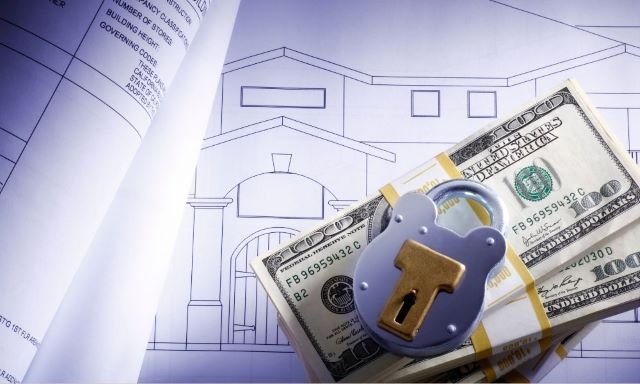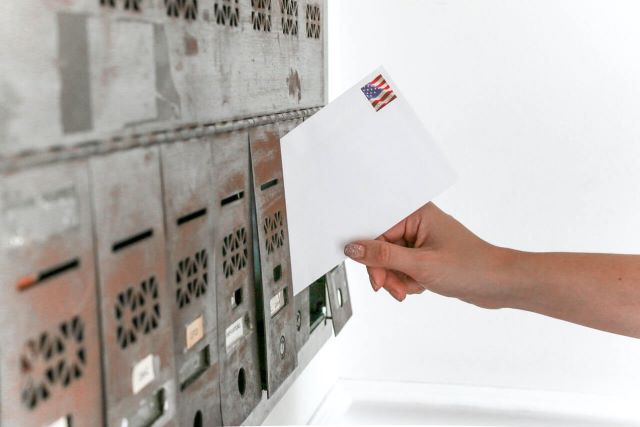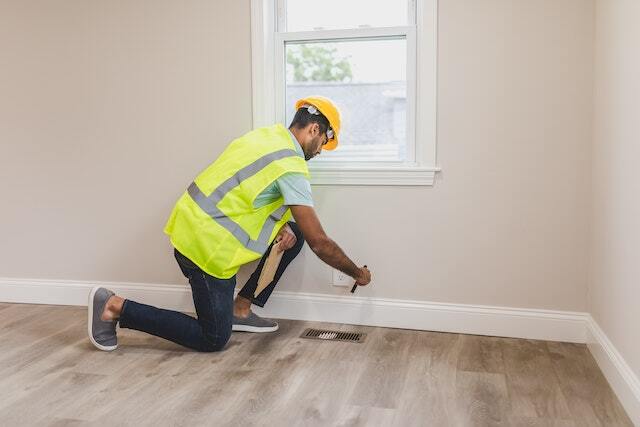
Brand New Townhomes for Rent in Barrhaven
November 26, 2025
This article highlights brand new townhomes for rent in Barrhaven, one of Ottawa’s fast...
A security deposit may sound similar to a final rental payment, but the two are different. A security deposit is collected on or before the start of the lease and will be kept for the entire lease period to cover potential damages to the rental unit. It’s usually used as a landlord’s assurance that financial liabilities caused by the tenant’s negligence or carelessness regarding the rental unit will be covered, while the final rental payment is specifically designated as the rent for the last month of the lease. Some landlords may also collect a key deposit to cover the cost of replacing lost or unreturned keys.
However, deposits in Ontario are more restricted—landlords there are only allowed to collect a rent deposit equal to one rental period, which must be applied to the last month’s rent, not for damages, unpaid rent, or other purposes. The security deposit helps ensure the protection of the property, covering potential damage or unpaid rent. The landlord holds this deposit for the duration of the tenant's stay, ensuring the rental house remains financially protected.
Under the Ontario Landlord-Tenant Law, a landlord is prohibited from charging tenants a security deposit. A landlord can instead ask for a rental deposit. This security deposit is an amount of money paid upfront. Landlords can collect a security deposit equal to two months’ rent to cover the first and last month’s rent deposit and rental fees.
Aside from the security deposit, landlords are also legally allowed to collect a key deposit. At Rent In Ottawa Property Management, we’ve put together this article to give you an overview on Ontario rent deposit laws.
Ontario landlords can request a security deposit amount equal to the first and last month’s rent deposit as long as they consider the first one month’s rent as paid and tenants agree to pay interest on it. A separate key deposit may also be collected, but only to cover the cost of replacing keys and not for general damages. All terms regarding deposits should be clearly outlined in the lease or rental agreement to avoid misunderstandings.
In fact, a rent deposit isn’t really considered as a security deposit since you can only use the money as payment for the last month’s rent rather than to cover for damages, and tenants may be required to pay interest on it. These details must also be documented in the lease agreement to ensure legal compliance and transparency between both parties.

After tenants give you notice to end the tenancy, they’ll only pay until the second-to-the-last month’s rent deposit as the last month will be covered by the key deposit. The key deposit will cover any potential damages, and tenants must ensure they return the key deposit before moving out.
Rent deposits should be collected on or before the day the landlord and tenant enter into a lease agreement. If it wasn’t requested before or at this time, the landlord would be unable to collect the deposit within the tenancy period.
Rent deposits in Ontario must either be used to pay for the last month’s rent or returned to the tenant in full. According to the Landlord and Tenant Board, Ontario landlords can’t withhold any portion of the deposit to cover for damages or cleaning.
Landlords are required to pay annual interest on last month’s rent. According to the Landlord and Tenant Board, as a landlord, you’re required to pay the tenant interest on the rent deposit every 12 months. The percentage of interest paid will be based on the rent increase guideline that is decided by the province of Ontario every year, and it applies to rent deposits refundable. If the landlord doesn’t pay the annual interest, they can reduce the amount needed to update the rent deposit to equal the current rent paid by the tenant, which can be managed effectively through rental management.
Tenants, on the other hand, may withhold the interest amount from their future rent payment or they can also file for a rebate.
Ontario landlords are required to provide receipts for any type of rent payment. Since tenants are technically paying a month’s rental ahead of time, the rental deposit is considered a type of rent payment, which can be managed effectively through property management.

As a landlord, it’s a good practice to provide these receipts during collection of the rental deposit.
In Ontario, landlords can’t withhold any portion of the rental deposit other than to cover the last month’s rent. If there’s a need to collect payment for damages caused by the tenant, it should be requested independently of a rent deposit, which can be handled through property management.
If the landlord doesn't return the rent deposit, the tenant may seek assistance from the Ontario Government’s Rental Housing Enforcement Unit to collect it on their behalf. They can also reach out to the Landlord and Tenant Board (LTB) for aid in the collection of the deposit.
A walk-through or move-out inspection is done to check if the rental home is in the same condition as it was during the move-in, which directly impacts whether the full rental deposit will be returned. As an Ontario landlord, you must make note of illegal house modifications or damages due to carelessness or negligence. If such issues are found, part or all of the rental deposit may be withheld to cover the cost of repairs.
Damages must exceed regular wear and tear, whereas illegal modifications are those that have been made to the unit without the mutual agreement of both parties. Any rental deposit deductions must be clearly explained and supported by documentation or photos taken during the inspection.
The move-out inspection can be done on the day the tenant is moving out or three days after. Conducting the walk-through inspection without the tenant’s belongings in the unit makes it easier for landlords to spot any physical damage and determine whether the rental deposit should be returned in full or in part.

The inspection can also be done three days or weeks before the tenant leaves the rental. This way, the landlord can give the tenants an opportunity to fix any damages or make any repairs to the rental space before moving out.
In general, the rent deposit isn’t returned because it’s used to pay for the final month’s rent. If not used for this reason, landlords must return the full amount to the tenant. Deposits in Ontario are regulated strictly, and landlords must follow all guidelines to avoid disputes.
Landlords are required to return the rent deposit to the tenant within 30 days after the tenant has moved out of the rental. Otherwise, tenants can reach out to the LTB to ask for assistance in recovering the deposit. Understanding how deposits in Ontario work is essential for both landlords and tenants to ensure compliance with provincial laws.
In the case of a key deposit, this amount must only be used to replace lost keys, and the amount collected must not be higher than the reasonable cost. If after the tenant has moved out, there is a need to collect money to cover for damages, Ontario landlords are not legally allowed to use any deposit to cover the cost.
As an Ontario landlord, you aren’t legally allowed to collect a security deposit. Instead, you can collect a rent deposit and/or a refundable key deposit. The rent deposit must not exceed one month's rent and is to be applied to the final rental period. Similarly, if a tenant’s rent increases, the landlord may request an additional amount to bring the deposit up to the equivalent of one month's rent.
If you still have questions regarding Ontario rent deposit laws, contact Rent In Ottawa Property Management today! We’re a full-service property management company that has the knowledge and skills to meet all of your goals.
Disclaimer: This blog isn’t intended to be a substitute for professional legal advice. Laws change and this information may become obsolete at the time you read it. For further help, please get in touch with a qualified attorney or an experienced property management company.
November 26, 2025
This article highlights brand new townhomes for rent in Barrhaven, one of Ottawa’s fast...
November 18, 2025
Ottawa Landlord Checklist for 2025
October 02, 2025
September 03, 2025
August 01, 2025
June 18, 2025
